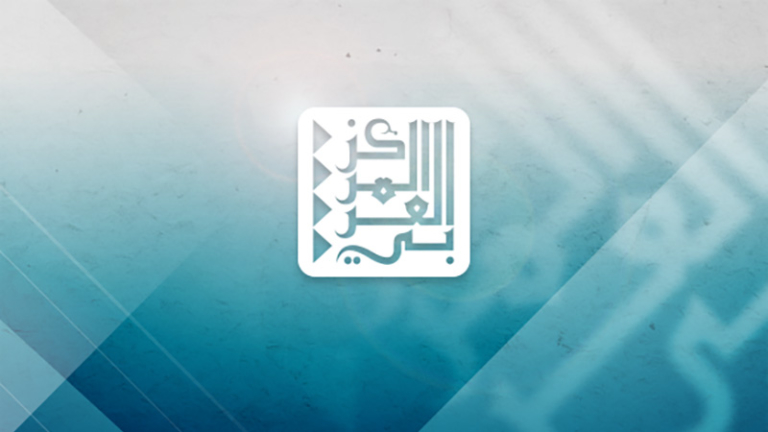
After a 30-month impasse that paralyzed the country’s governing institutions and questioned the legitimacy of the confessional system, the Lebanese Parliament is expected to elect on October 31 former General Michel Aoun as the new President. While this breakthrough reinforces the shifting alliances among the ruling oligarchy, it is unlikely to resolve the core deficiencies of the country’s political system.
To be elected, the Lebanese President must be endorsed by the main religious communities proportionately represented in the parliament. A two-third majority (quorum) of the total number of parliamentarians is required to attend this special session. Reaching a consensus between the major political players has been a difficult process over the last two and half years. Former Prime Minister Saad Hariri, who has the most support within the current parliament, previously sought to hold an election with a simple majority once the quorum was secured. Backed by Hezbollah, Aoun refused to attend any special session without being guaranteed to win and argued that Hariri is disregarding the largest Christian representation in the parliament.
Monday’s special session on October 31 will be the first presidential election held since the Syrian regime lost its grip on Lebanon in 2011. This power vacuum exposed the lack of a consensus on the constitutional mechanisms and reignited the deeply-rooted sectarian impulses of the patronage system. However, all the major political parties have now confirmed their intention to attend the upcoming special session, following Hariri’s official endorsement of Aoun on October 20. Despite skepticism from outside observers about the ability to pass the deal through the parliament, there are reasons to believe that the election will happen.
After conceding in principle the election of a pro-Hezbollah candidate last year, Saudi Arabia has recently withdrawn its veto against Aoun while the Iran-backed Hezbollah has not objected to Hariri’s return to power as prime minister. The essence of this compromise deal was Aoun’s commitment to the Taef Accord that ended Lebanon’s civil war in 1990 and expanded the executive authorities of the prime minister. Beyond those two broad agreements, there are no guarantees of success for this power-sharing deal.
It might come as a surprise that the same person, who was ousted and exiled by the Syrian regime forces in October 1990, will take residence once again in the presidential palace 26 years later. Once he returned to Lebanon in 2005, Aoun gradually became a traditional confessional leader. When the relation with Hariri was strained, he forged an alliance with Hezbollah and gave the party what it needed the most: legitimacy beyond the Shiite community. In return, the General built on Hezbollah’s support to wage political battles in order to gain influence in the Lebanese system.
Aoun will be restrained by the three “kingmakers” who endorsed his candidacy: Hezbollah’s Secretary General Hassan Nasrallah, Hariri and “Lebanese Forces” leader Samir Geagea. The General’s ability to balance the conflicting demands of these three leaders will define his impending presidency. Nasrallah wants to preserve the ruling alliance that provides political immunity for Hezbollah’s local and regional activities; after his financial misfortunes Hariri seeks enough leeway to consolidate his influence in the political system; and Geagea aims to expand his popular base and strengthen the Christian community’s stake in the system. Speaker of Parliament Nabih Berri, who represents the confessional mindset of the Shiite community, has reservations on this emerging Sunni-Maronite partnership. Managing Berri, a major Hezbollah ally who has not endorsed him, will remain Aoun’s biggest challenge.
The road ahead for Lebanon is not expected to be smooth. Forming the first cabinet of the new presidency will likely take months with Hezbollah backing Berri’s demands to have a significant leverage in the government formation. If an agreement was not reached on the new government by May 2017, the deadline of the next parliamentary election, Lebanon will face a new political impasse. Another hurdle will be to reach an agreement on the new electoral law that will determine the size of the parliamentary blocs and the appointment by next September of a new army chief.
The next government will also deal with the impact of the Syrian war on the Lebanese economy, which has increased the levels of poverty and unemployment while adding pressure on the country’s budget and infrastructure. A decision on increasing revenues and possibly taxes might have to be made with public debt reaching over 130 percent of GDP. One of the most crucial issues will be launching Lebanon’s stalled plans for oil and gas exploration in the Mediterranean. This has been a contentious issue between Aoun and Berri as the Lebanese government has yet to pass two decrees: 1) to carve Lebanon’s offshore into blocs open for license and 2) to approve the tender protocol that sets the sample contract for the winning bidders.
Yet, the most significant test of this presidency will be the character of the candidate himself who has clashed with the political class since the 1990s. Aoun comes to power with the support of the two major political powers in Lebanon, Hezbollah and the “Future” movement, who have been engaging in weekly discussions since December 2014. It is yet to be seen if Hezbollah will facilitate Hariri’s premiership and how the new cabinet will approach Hezbollah’s military involvement in Syria. Hezbollah made it clear in recent days that this issue is not for discussion and its fighters will not return until the Syrian war is over.
While no one expects the new President to challenge Hezbollah’s regional role, the interests of the presidency are better served if Aoun remained neutral or sought to mediate between Nasrallah and Hariri instead of taking sides. This new development, that will unfold next Monday, puts Lebanon back on the regional map and breathes life into the ailing confessional system, however the Lebanese power-sharing experiment remains a challenge.

